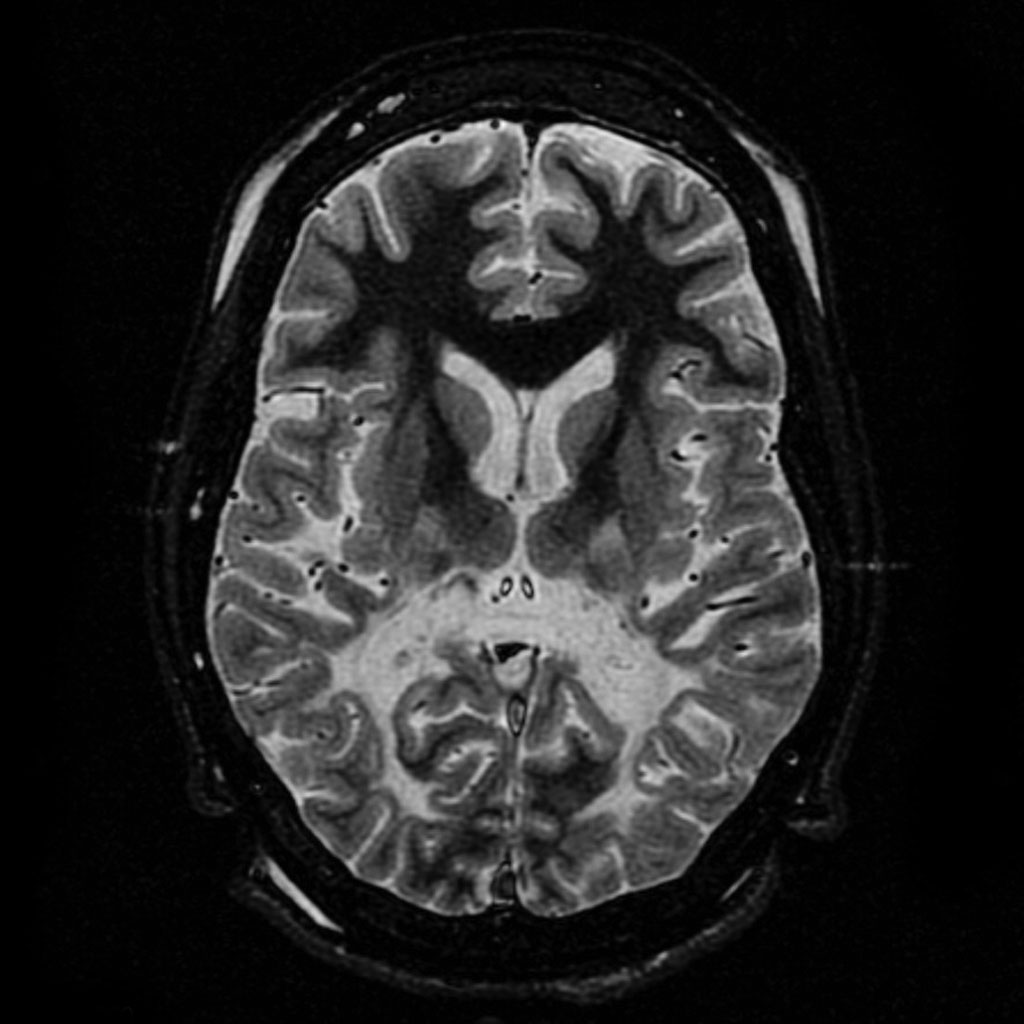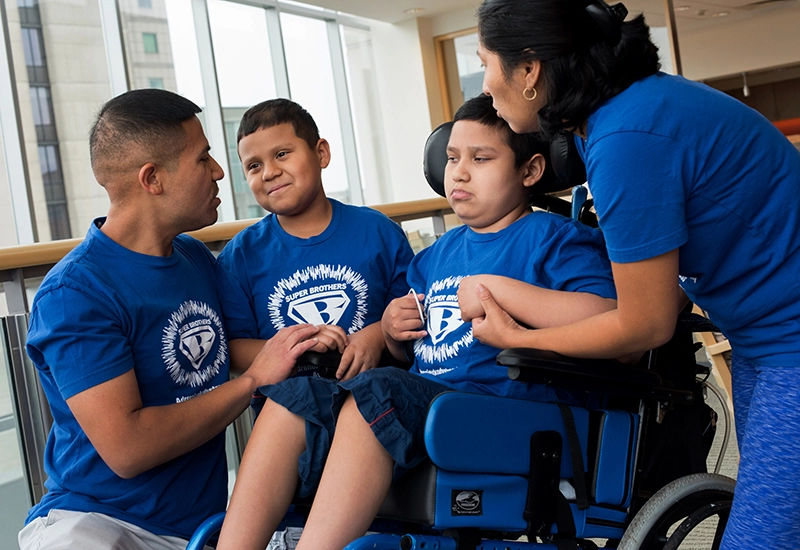
Adrenoleukodystrophy (ALD) is described as a rare hereditary/genetic illness along with a disintegrating neurological ailment affecting the brain and nerve system. It is caused by a mutation in a gene encoding for an enzyme called ALD, which is involved in the production of myelin — a fatty substance that coats nerve cells and helps them communicate.
Without this enzyme, myelin cannot be produced properly, leading to impaired electrical signals across the brain and central nervous system, resulting in symptoms such as cognitive decline, loss of balance, vision problems, night blindness, muscle weakness and fatigue, and low blood pressure. Over time, these symptoms can worsen including seizures, trouble speaking or swallowing (dysarthria), walking difficulties and dementia, and behavioral changes such as aggression, confusion, and poor judgment.
Mostly, the milder adult-onset form begins between the ages of 21 and 35. On the contrary, the childhood cerebral form manifests between the ages of 4 and 10 which is the most severe. In some cases, the above-mentioned symptoms do not appear until middle age or later; however, early signs may be subtle and hard to recognize.
Although there is no cure for this disorder, we at Real Care Health Services, are consistently working on finding and administering ways to slow or reverse the effects of Adrenoleukodystrophy, or at least manage the symptoms of people with this condition by taking care of their physical therapy, mental support and providing special schooling so that may live longer healthier lives.
